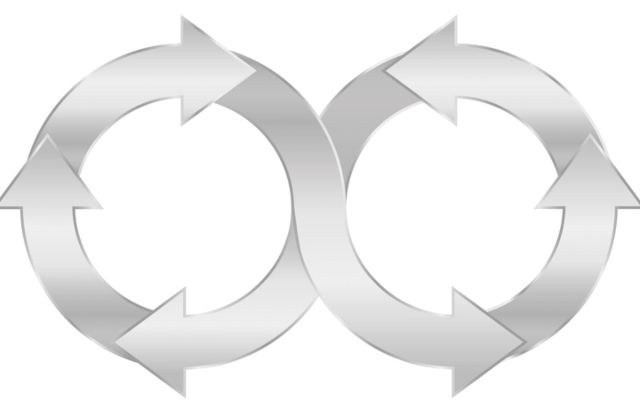Dutch investment management firm RobecoSam believes that economies are reaching a tipping point in the transition to the circular economy.
As a result, it has unveiled the RobecoSam Circular Economy Equities strategy, which seeks to achieve long-term capital growth by investing in leading companies that create value from loops and from ‘inefficiencies’.
The strategy gives investors an opportunity to be part of a “largely untapped growth story”, the asset manager said.
According to an estimate, the market potential of the circular economy will be valued at $4.5trn (€4.07trn) by 2030.
RobecoSam explained that the linear economy consumes finite resources at 1.75 times the planet’s annual regenerative capacity.
The “take-make-dispose” consumption model is becoming unsustainable, the investment firm said.
Selection process
The strategy evaluates companies by integrating financially material environmental, social and governance aspects in the analysis.
It selects companies which employ increased use of “by-products to create value from inefficiencies”, based on a bottom-up stock selection approach.
The holdings belong to the following clusters:
- Redesign inputs (consumer packaging, renewable feedstock & fibre, building materials, precision farming)
- Circular use (nutrition, fashion & leisure, household & lifestyle, sharing economy)
- Enabling technologies (digitisation, product as service, logistic & testing)
- Loop resources (product lifetime extension, collection & sorting, recovery & recycling)
RobecoSam also applies active ownership to engage companies on specific circular economy issues.
SDGs
The strategy also has a positive impact on the UN Sustainable Development Goals, it said.
It addresses, for example, the recyclability of products or packaging solutions, waste prevention in manufacturing and sustainable sourcing.
Holger Frey, senior portfolio manager at RobecoSam, who is in charge of the strategy, said: “We are reaching a tipping point for traditional production and consumption patterns.
“Tightening environmental regulation coupled with rising consumer awareness favour higher circularity and the shift away from finite resource extraction.”







